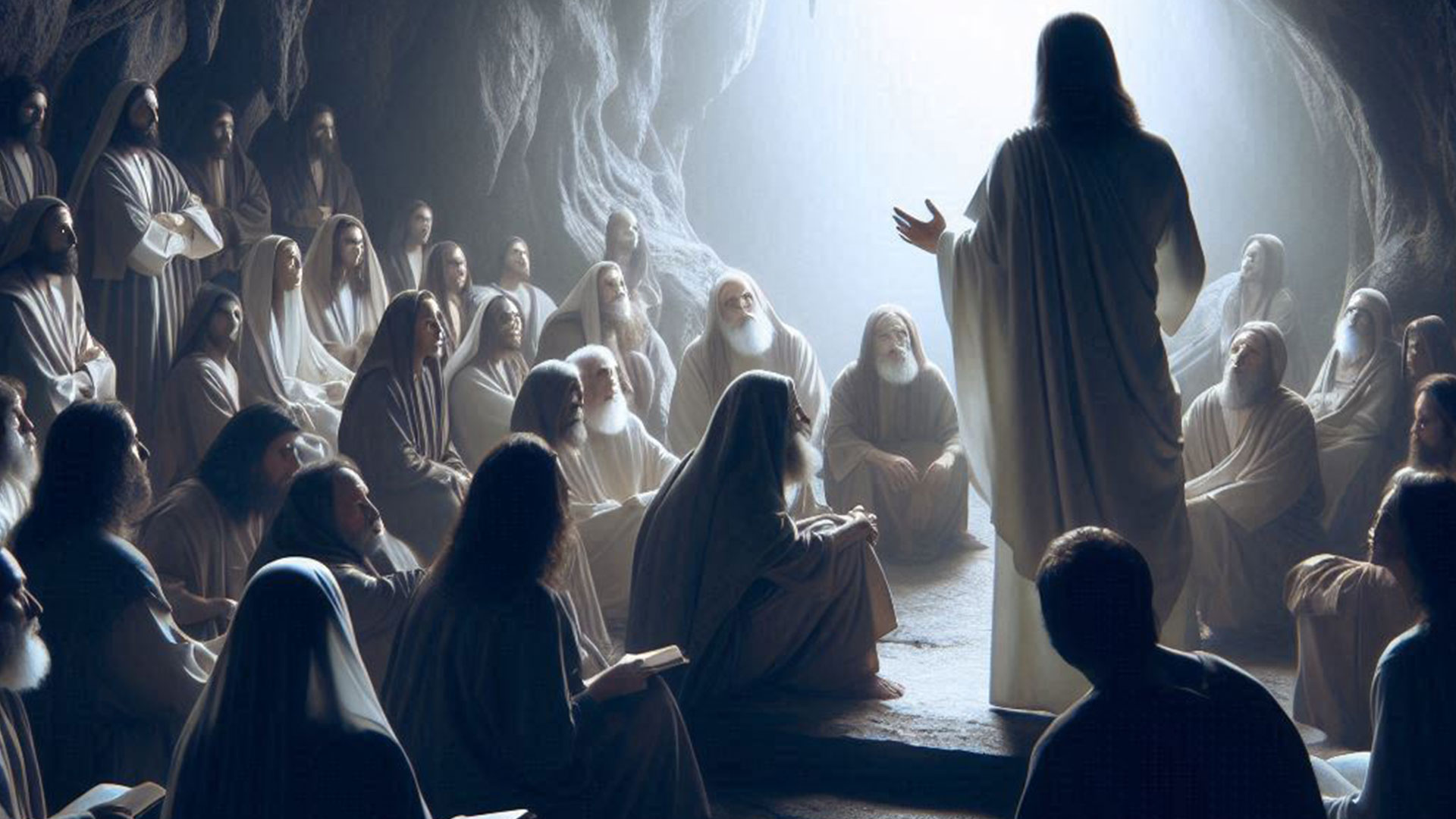“Father God, please guide me as I write this article based on Your Word. Help me to write this to glorify You, and let Your words bring clarity to those who seek You. May Your truth help people discern and embrace correct beliefs. I pray and seek everything in the name of our Lord and Saviour, Jesus Christ. Amen.”
Hi there my Brothers and Sisters in Christ! In my walk with Christ, I recently experienced a profound transformation in my understanding of what it means to follow Him. For a long time, I harbored feelings of jealousy towards those who came to know Christ later in life. It was as if I saw myself in the role of the obedient son in the parable of the prodigal son (Luke 15:11-32), feeling slighted by the celebration of the returnees. This mindset, however, was rooted in a deeper misunderstanding of my faith.
A Reflection on My Early Christian Life
Growing up, I was surrounded by the love and teachings of Christ from a young age. My family was devout, and my childhood memories are filled with Sunday school lessons, church services, and the constant presence of God’s Word in our home. I memorized Bible verses, participated in church activities, and tried my best to live according to the teachings of Jesus. However, despite these blessings, I often found myself feeling burdened by the expectations and restrictions that seemed to accompany my faith.
This sense of burden only intensified as I grew older. I watched friends and acquaintances who lived without the constraints I felt, seemingly enjoying their freedom. Then, when some of these friends eventually accepted Christ later in life, I couldn’t help but feel a pang of jealousy. They had experienced the best of both worlds, or so I thought—living freely and then receiving the same grace and love from God that I had known all along.
The Parable of the Prodigal Son
My feelings resonated deeply with the story of the prodigal son, particularly with the older son who stayed home and obeyed his father (Luke 15:11-32). Just as the older son felt overlooked and undervalued despite his faithfulness, I felt a similar sentiment. Why did those who wandered away and returned receive such celebration, while my steady, albeit sometimes reluctant, journey seemed less acknowledged?
It wasn’t until I spent more time in prayer and reflection that God began to show me the deeper truth. Through the gentle nudging of the Holy Spirit, He revealed the fallacy in my thinking. The Bible reminds us in Matthew 11:28-30 that Christ’s yoke is easy and His burden light. My perception of a restricted lifestyle was not a reflection of God’s intention for His children, but rather a misunderstanding on my part. I had been focusing on the sacrifices required, rather than the immense love and freedom found in Him.
A Divine Conviction
In the stillness of prayer and through the gentle nudging of the Holy Spirit, God began to reveal the fallacy in my thinking. I realized that my perception of following Christ as a burden was not aligned with His teachings. In Matthew 11:28-30, Jesus invites us, saying, “Come to me, all you who are weary and burdened, and I will give you rest. Take my yoke upon you and learn from me, for I am gentle and humble in heart, and you will find rest for your souls. For my yoke is easy and my burden is light.” These verses reminded me that the true essence of following Christ is not about burdens but about finding rest and peace in Him.
The Turning Point
One particular experience stands out as a turning point in my journey. It was during a quiet morning of personal devotion. I had been reading the Bible and came across the story of the workers in the vineyard in Matthew 20:1-16. In this parable, Jesus tells of a landowner who hires workers at different times throughout the day but pays them all the same wage. Those who worked the entire day grumbled, feeling it unfair that those who worked less received the same pay.
As I read this story, I felt a conviction in my heart. God was showing me that His grace and love are not measured by the length of time we have known Him but by His boundless generosity. The workers who came late received the same reward because God’s grace is abundant and not limited by human standards of fairness. This realization struck a chord with me, transforming my jealousy into understanding and gratitude.
Revelations in Fellowship
As I started to embrace and enjoy the fellowship with God, my perspective shifted dramatically. I began to understand that following Christ is not a burden but a blessing. Psalm 16:11 tells us, “You make known to me the path of life; you will fill me with joy in your presence, with eternal pleasures at your right hand.” This newfound appreciation for God’s presence illuminated the true hardship faced by those who come to Christ later in life.
A Heart of Compassion
Reflecting on the lives of latecomers to faith, I realized they had spent significant portions of their lives without the fellowship, grace, and love of God. What I once viewed as an unfair celebration for new believers, I now see as a divine mercy—a joyous rescue from a lifetime devoid of God’s peace and love. My jealousy turned into compassion and gratitude. I felt sorrow for the years they lived without the joy I had taken for granted and gratitude for the privilege of knowing God from an early age.
This shift in perspective was further reinforced by my personal experiences. One evening, I attended a baptism service where several adults were being baptized. As I listened to their testimonies, I was deeply moved. Each story was a testament to God’s relentless pursuit and overwhelming grace. These individuals spoke of lives filled with pain, loss, and searching before they found peace in Christ. Their stories made me realize the true hardship they had endured—living without the fellowship of God for so many years.
Scriptural Insights
This transformation is not only personal but also deeply rooted in Scripture. Romans 8:28 assures us that “in all things God works for the good of those who love Him, who have been called according to His purpose.” I now see that my early relationship with God was part of His greater plan for my life, working all things for my good. Moreover, Jesus’ parable in Matthew 20:1-16 about the workers in the vineyard further solidified my understanding. Regardless of when they started working, all received the same wage, symbolizing the equal grace given to all believers, regardless of when they come to faith.
Embracing a New Perspective
This journey has taught me to celebrate every soul that comes to Christ, regardless of when they find Him. It has also taught me to be grateful for the years I have known Him and to cherish the fellowship, grace, and love I have experienced from a young age. God’s conviction has opened my eyes to the immense blessing of knowing Him from a young age and has filled my heart with compassion for those who come to faith later in life.
In John 10:10, Jesus says, “I have come that they may have life, and have it to the full.” This fullness of life in Christ is something I have been privileged to know for many years, and for that, I am deeply grateful. I now see my journey not as a burden but as a testament to God’s enduring love and faithfulness.
Wrapping up
My journey from jealousy to gratitude has been a humbling and enlightening experience. God’s conviction has opened my eyes to the immense blessing of knowing Him from a young age and has filled my heart with compassion for those who come to faith later in life. I am now grateful for my journey and eager to celebrate every soul that finds its way to Christ, knowing that His grace is boundless and His love unfathomable. In the end, it is not about when we come to Christ, but that we come to Him at all, embracing the fullness of His love and grace. And for that, I am eternally thankful.










